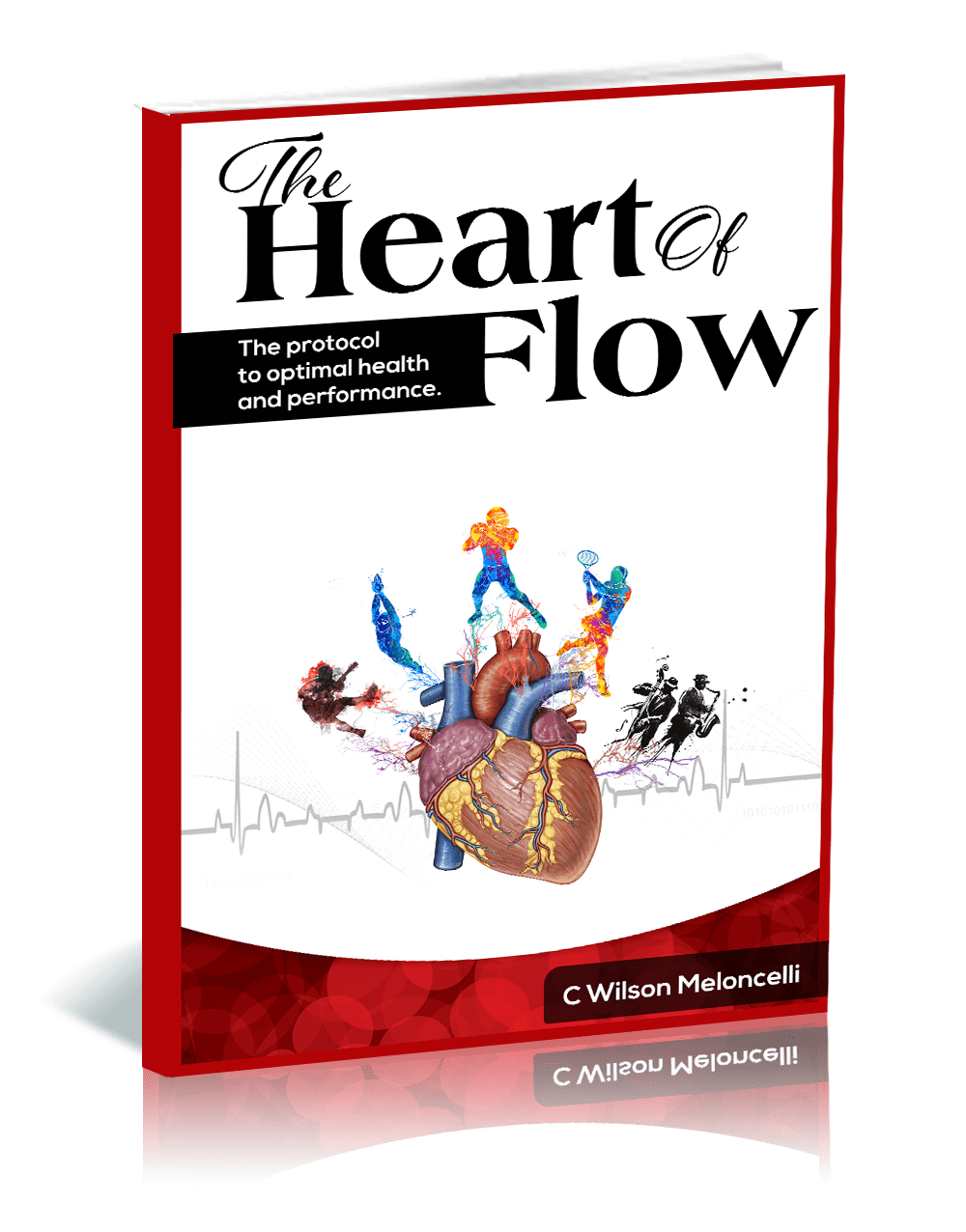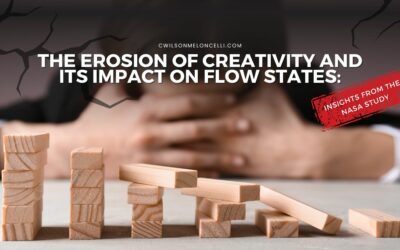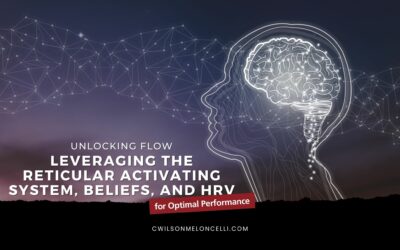In an era dominated by digital technology, the constant barrage of notifications and online distractions can impede our ability to achieve deep focus and enter flow states. This article explores the importance of digital detox in facilitating deeper flow states and enhancing overall well-being.
Understanding Flow State and Digital Overload
Flow state occurs when one is fully absorbed in an activity, experiencing a heightened sense of focus and enjoyment. However, the digital overload prevalent in modern life, with its incessant notifications and the lure of social media, can fragment attention and prevent the deep concentration required for flow.
The Impact of Digital Distractions on Flow
- Fragmented Attention: Constant digital interruptions fragment our attention, making it challenging to engage deeply with tasks.
- Reduced Cognitive Capacity: Research shows that frequent interruptions from digital devices can reduce cognitive capacity and memory formation.
- Increased Stress and Anxiety: The overuse of digital devices has been linked to increased levels of stress and anxiety, which are antithetical to the flow state.
The Benefits of Digital Detox for Achieving Flow
- Enhanced Concentration: Unplugging from digital devices allows the mind to focus more deeply, facilitating the entry into flow states.
- Improved Creativity: Without the constant distraction of digital devices, the mind can wander and engage in creative thinking, a key component of flow.
- Better Emotional Well-being: Digital detox can lead to reduced stress and anxiety, creating a more conducive environment for flow.
- Studies and Research: A study published in the "Journal of Experimental Psychology" found that participants who limited their digital device usage reported higher levels of concentration and improved mood.
Strategies for Integrating Digital Detox into Daily Life
- Set Specific Times for Digital Use: Designate specific times for checking emails and social media, and stick to these schedules to minimize distractions.
- Create Tech-Free Zones: Establish areas in your home or workplace where digital devices are not allowed, ensuring a space for focused work or relaxation.
- Mindfulness Practices: Engage in mindfulness practices, such as meditation or deep breathing exercises, to cultivate a habit of present-moment awareness, enhancing your ability to enter flow states.
- Regular Breaks from Technology: Schedule regular breaks from digital devices throughout the day to give your mind a rest and prevent digital fatigue.
Real-Life Applications and Case Studies
- Corporate Digital Detox Programs: Some companies have implemented digital detox programs, encouraging employees to take regular breaks from technology, resulting in increased productivity and job satisfaction.
- Educational Settings: Schools that have implemented tech-free policies report increased student engagement and participation, indicating a more conducive environment for learning and flow.
Challenges and Considerations
While the benefits of digital detox are clear, implementing it can be challenging in a world where technology is deeply integrated into our personal and professional lives. Finding a balance between staying connected and unplugging is crucial.
Embracing digital detox, as highlighted in the "4 Cycles of Flow" program, is crucial for enhancing flow states in our digitally-dominated world. This program emphasizes the importance of disconnecting from digital distractions to foster deep concentration and emotional well-being. By integrating the principles of the "4 Cycles of Flow," individuals can achieve a more focused, productive, and fulfilling life, balancing the demands of technology with the need for meaningful, immersive experiences.











